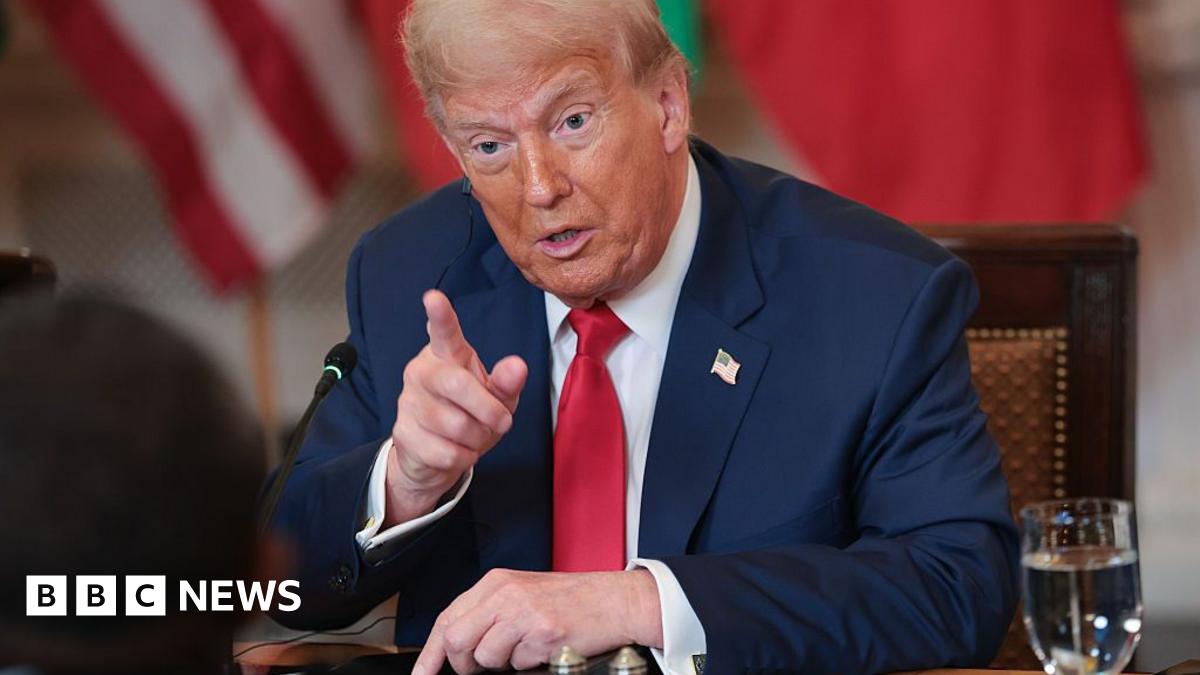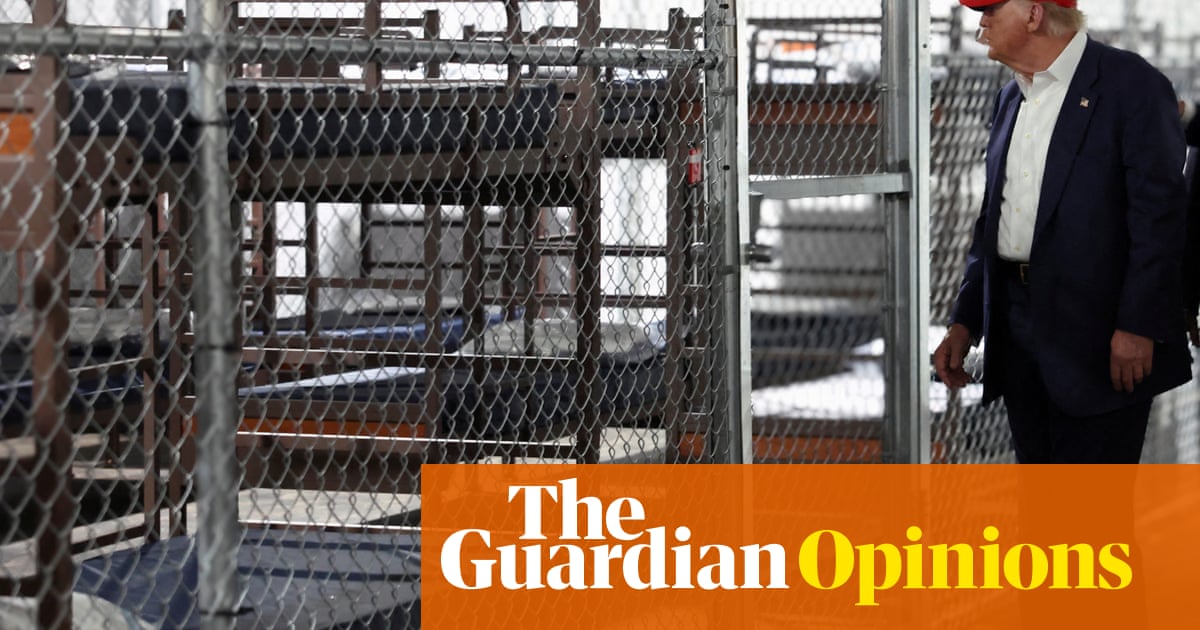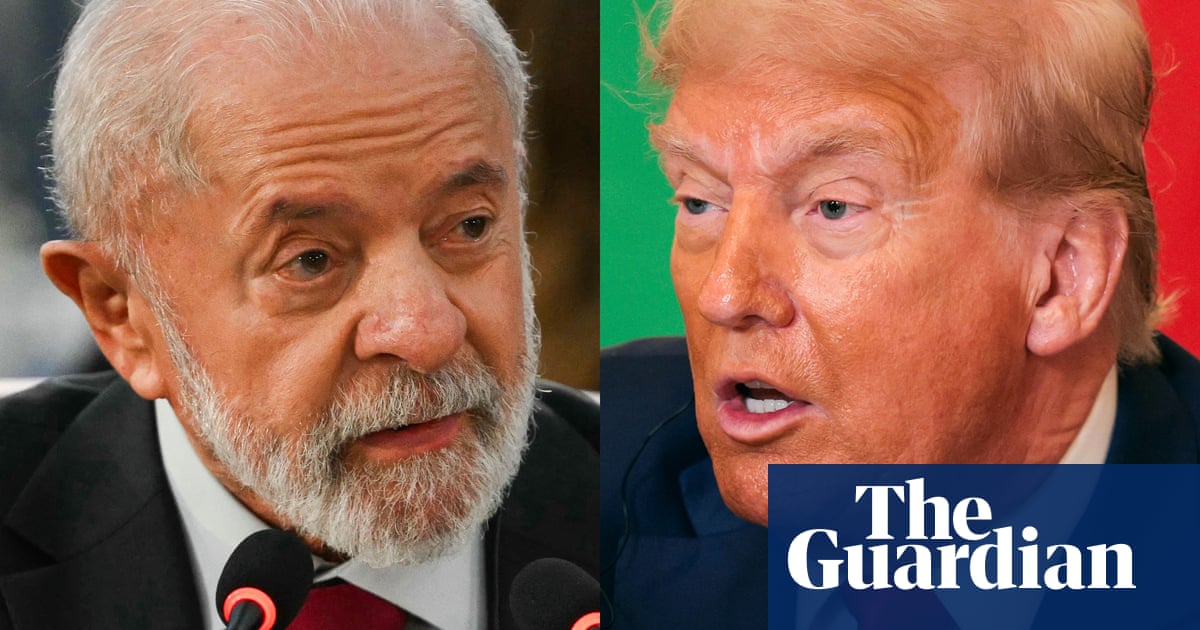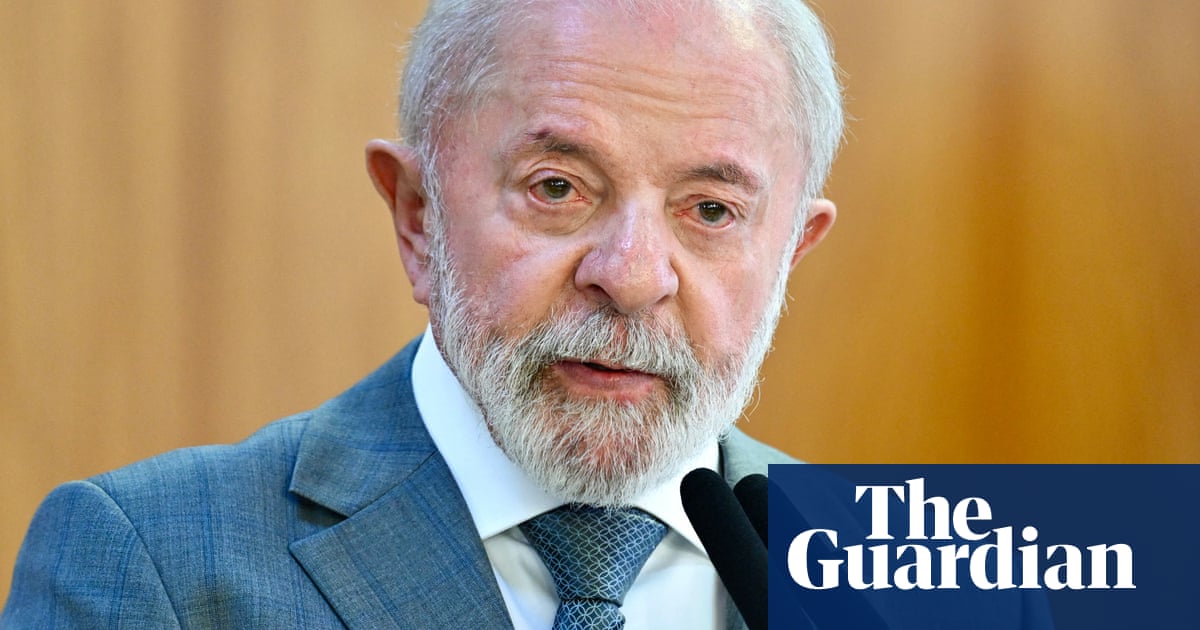Trump Addresses Trade Deficits with EU and Mexico

In a recent letter addressed to European Commission President Ursula von der Leyen, former President Donald Trump expressed his deep concerns regarding the trading relationship between the United States and the European Union. He emphasized the need for a significant shift away from what he termed 'long-term-large, and persistent, trade deficits' that have been influenced by the EU’s tariff and non-tariff policies, which he believes create unfair barriers to trade.
Trump's letter conveys a sentiment of frustration, as he stated, 'Our relationship has been, unfortunately, far from reciprocal.' This sentiment is echoed by several instances of tension between the U.S. and the EU over trade in recent years. Notably, in April, the Biden administration imposed new tariffs of 20% on a range of European goods, a decision that reflected ongoing disagreements over trade practices. The trade deficit with the EU reached a staggering $235.6 billion (€202 billion; £174 billion) in 2024, according to data from the Office of the U.S. Trade Representative, highlighting the significant imbalance in trade between the two economies.
In response to Trump's letter, President von der Leyen reaffirmed the EU's commitment to maintaining open talks and working towards a trade agreement, expressing hope to reach a consensus by August 1. She stated, 'Few economies in the world match the European Union's level of openness and adherence to fair trading practices.' This statement underscores the EU's stance on its trading principles and willingness to address U.S. concerns while defending its policies.
Von der Leyen also addressed the EU's readiness to defend its interests vigorously, indicating that the bloc would take all necessary steps to safeguard its economic position, including the potential for proportionate countermeasures if deemed necessary. This bold declaration reflects the EU's determination to navigate the complicated waters of international trade while protecting its member states' economic interests.
In addition to his correspondence with the EU, Trump also reached out to Mexico's President, expressing dissatisfaction with the country's efforts to curb drug trafficking. He stated bluntly that while Mexico had assisted in securing the U.S. border, these efforts were insufficient. Trump commented, 'Mexico has been helping me secure the border, BUT, what Mexico has done, is not enough,' indicating a strong desire for more substantial action against drug cartels and trafficking operations that have plagued North America.
These statements from Trump come as both the U.S. and Mexico navigate ongoing discussions about border security and trade, emphasizing the complicated dynamics of their relationship as neighboring countries.




























